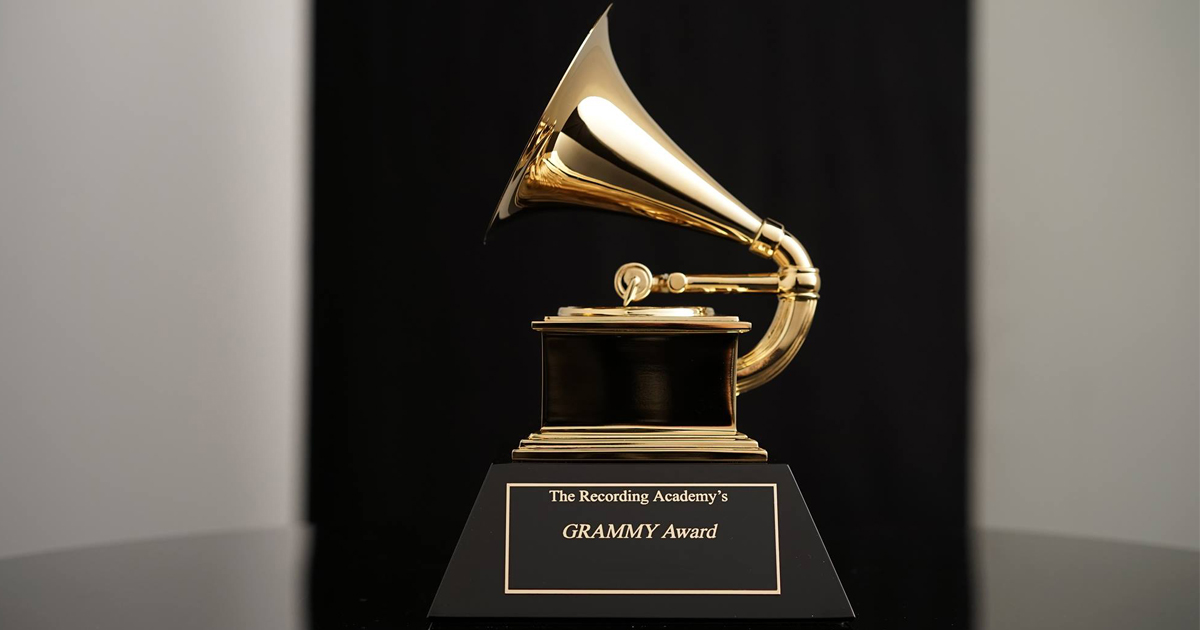
“As the world’s leading society of music professionals, the Recording Academy is dedicated to celebrating, honoring, and sustaining music’s past, present, and future.” This statement is the first thing you see when navigating the front page of The Recording Academy’s official website. Although they claim to celebrate the present landscape of the industry, the Academy has been the subject of intense scrutiny in the past decade for failing to do so. Critics have voiced a lack recognition of hip-hop and R&B, genres often seen as secondary to rock and pop, through Grammy nominations in the four major categories: Record of the Year, Album of the Year, Song of the Year and Best New Artist.
The ultimate irony in this is that these genres crowd the top charts and make the biggest impacts on not only music, but culture at large. With the release of the official Grammy nominations for the award show’s 60th installment, it seems as though the voters representing The Recording Academy have opened their ears to the masses and given in to what they want, with hip-hop and R&B dominating the most sought-after nominations.
For the first time since 1999, no white men are in the running for the highly coveted Album of the Year. Lorde, Kendrick Lamar, Childish Gambino, Jay Z and Bruno Mars are all nominated for projects released this year, with Jay and Kendrick leading other categories with 15 combined nominations. There are also no white men nominated for Best New Artist, amongst the group which includes Alessia Cara, SZA and Julia Michaels, Lil Uzi Vert and Khalid. Latin artists Daddy Yankee and Luis Fonsi are nominated for their megahit “Despacito” in Best Pop Duo/ Group Performance, Record of the Year and Song of the Year categories. If it were to win Song of the Year, it would be the first non-English song to do so since “Volare” by Domenico Modugno took the award home in 1959.
Artists with histories of being heavy hitters in the major categories like Bob Dylan, Imagine Dragons and Foo Fighters all released projects this past year, which makes their absence outside of their respective genres particularly interesting. As far as age is concerned, no artist in the four major categories is older than 47-year old Jay Z. It’s been a historic year for the Grammy’s to say the very least.
The Academy has obviously experienced a shift in their nominations this year both and brought a great deal of diversity to the pool of nominees. This diversity stems from not only ethnicity, but also genre and age, and this is no fluke. When asked about how the voters came to these nominations in a recent Los Angeles Times report, Neil Portnow, president of The Recording Academy, said, “I think the nominations are a reflection of a very savvy current voting membership who really do have their fingers on the pulse of what is happening in music.”
Whether this is an attempt to boost the award show’s ratings amongst different demographics or a genuine attempt by those who run the Academy to better celebrate music more representative of the present, this change in the nomination process was a much-needed one — one that may have saved the Golden Gramophone from irrelevancy in the eyes of millions of listeners.








